Search by topic, theme, or feeling

Somatic Practices for Nervous System Resilience in Neurodivergent Adults
Somatic therapy offers a hopeful pathway for neurodivergent individuals to gently expand their nervous system's window of tolerance.

The Somatic Cost of Masking In Neurodivergent People
The chronic muscular tension, profound fatigue, and identity fragmentation often experienced by neurodivergent individuals who mask are not separate symptoms but interconnected signs of a body forced to live a prolonged performance.

Building Your Inner Witness: Neuroinclusive Pathways to Awareness
Cultivating an internal witness is a vital skill for mental wellbeing, accessible to all neurotypes through tailored pathways.
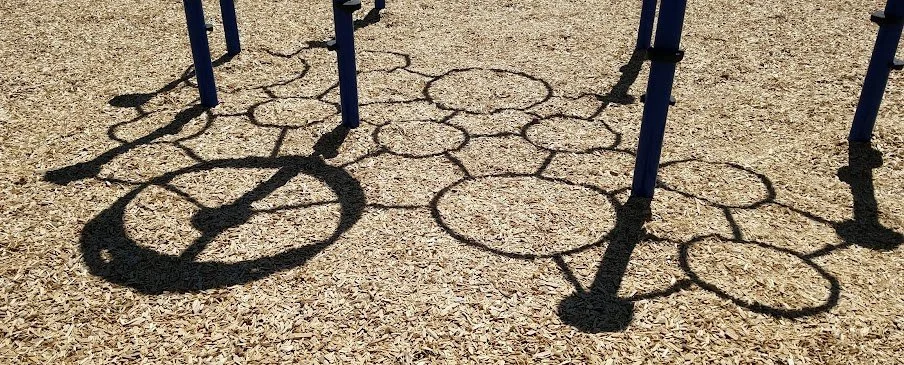
Mapping the Inner World: Interoceptive Awareness for Neurodivergent Wellbeing
For many neurodivergent individuals, decoding the body's internal signals can be a profound challenge.

Understanding and Supporting Neurodivergent Sensory Experiences
Sensory sensitivities are a core, valid experience for many neurodivergent individuals. By understanding and implementing personalized mitigation strategies, we can foster safety and reduce the harm caused by chronic overstimulation.

A Somatic Perspective on Neurodiverse Relationship Equity
True fairness in a neurodiverse relationship moves beyond equal division to equitable support, meeting each partner's unique neurological needs to foster a shared sense of safety and fulfillment.

The Complex Intersection of Neurodivergent Minds and Self Harm
Self harm ideation in neurodivergent individuals often represents a nervous system's survival response to overwhelming distress, not a symptom of brokenness.

Reclaiming the Inner Voice: CPTSD and Negative Self-Talk in Neurodivergent Individuals
For neurodivergent individuals with CPTSD, negative self-concepts are often trauma responses forged in a world of chronic mismatch. Healing involves gentle practices that address both the ingrained neural pathways of criticism and the specific context of neurodivergent experience.

What the Pufferfish Teaches Us About Neurodivergent Protections
Like the pufferfish that inflates to create safety, the neurodivergent nervous system uses protective behaviors like withdrawal or irritability as a response to overload.

A Somatic Look at Eating Disorders and the Nervous System
When an individual's fundamental sense of autonomy feels chronically threatened, the nervous system can deploy powerful survival strategies.

The Missing Map: Understanding and Building Cognitive Empathy
Many neurodivergent individuals possess profound empathy, yet struggle with cognitive empathy, the mental map for reading social cues.

When the Healing Hurts: Recognizing and Addressing Therapeutic Harm
The therapeutic relationship, intended as a sanctuary for healing, can sometimes become a source of retraumatization when a therapist's unexamined biases, reactions, or rigid methodologies cause harm.
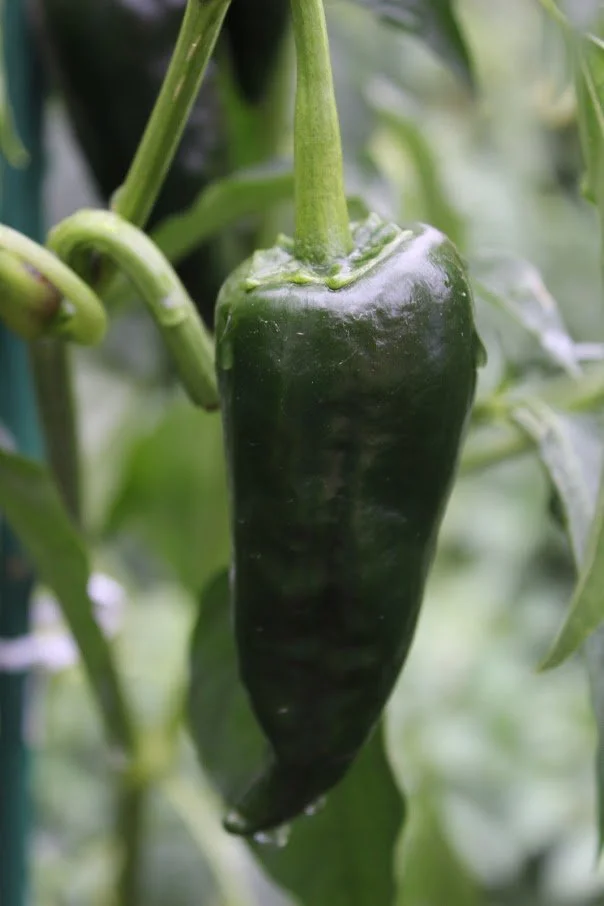
Tummy Talk: Conversing With The Enteric Nervous System
Our gut feelings are not problems to be solved but messages to be understood. Learning the language of the enteric nervous system allows us to heal trauma by listening to the wisdom of the body.

The Double Wound: Family Harm and the Somatic Impact of Disbelief
When a child is harmed by a family member, the injury is profound. This injury is compounded when other family members respond with disbelief or blame.
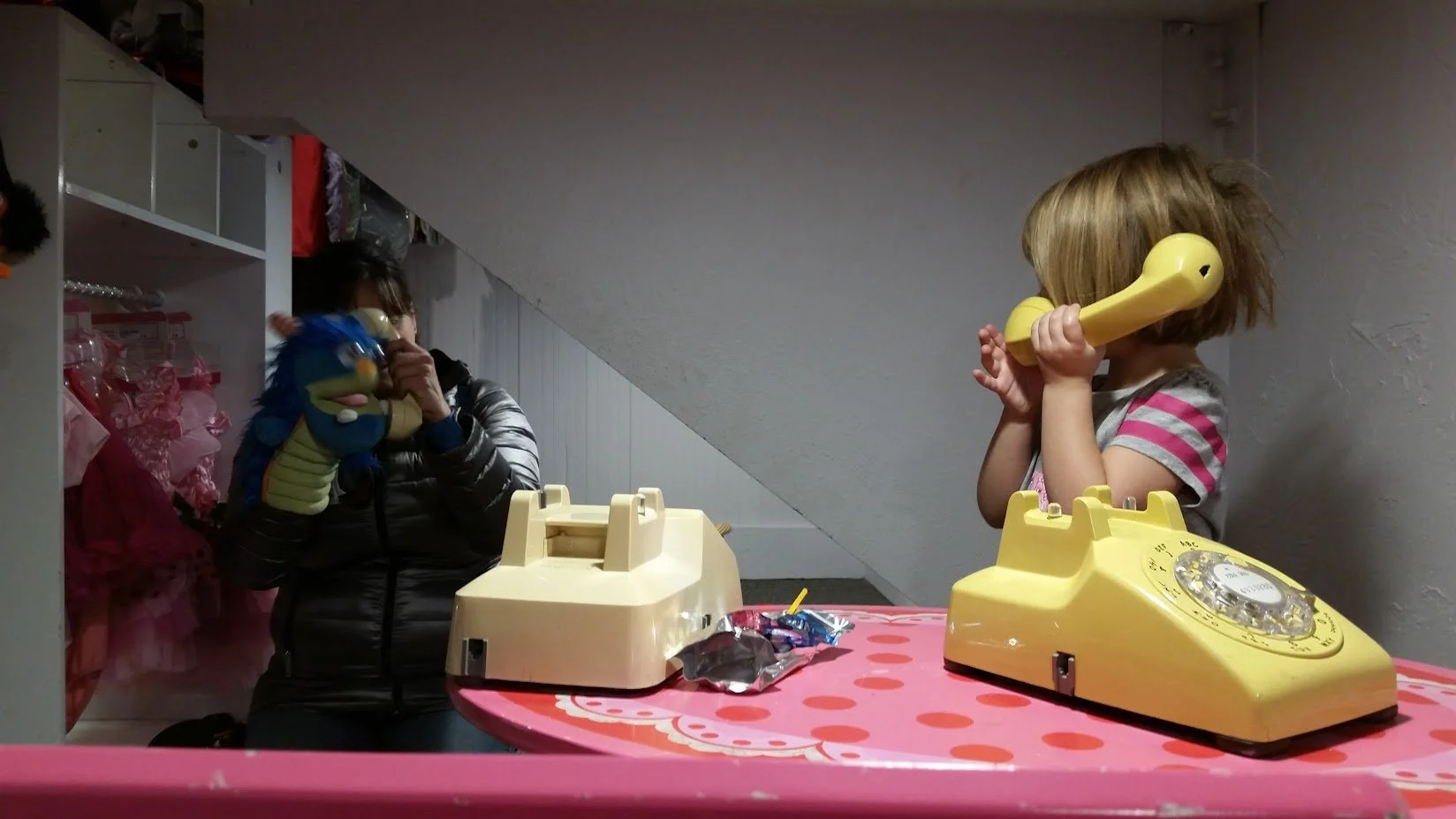
Theory of Mind in Neurodiverse Communication
Effective communication requires us to infer the complex internal states of others, a cognitive process known as theory of mind.
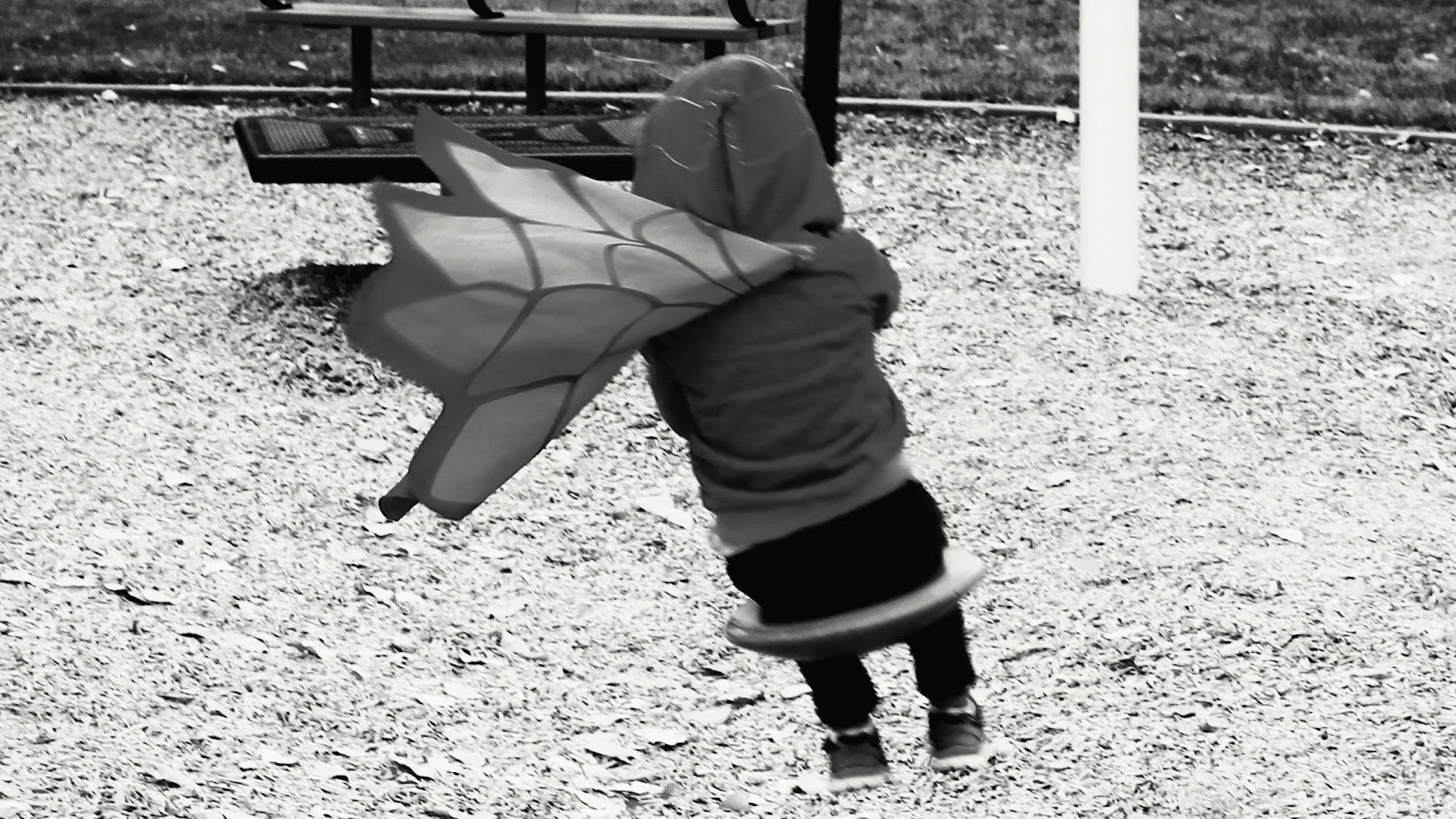
Why Neurodivergent People May Thrive in Somatic Therapy
Traditional talk therapies like CBT often operate from the top down, focusing on changing thoughts to influence emotions and body states. In contrast, somatic psychotherapy works from the bottom up, helping clients regulate their nervous system to create new cognitive and emotional experiences.

Navigating Neurodivergent Energy Systems and Burnout
We are not powered by a single battery but by an array of them.
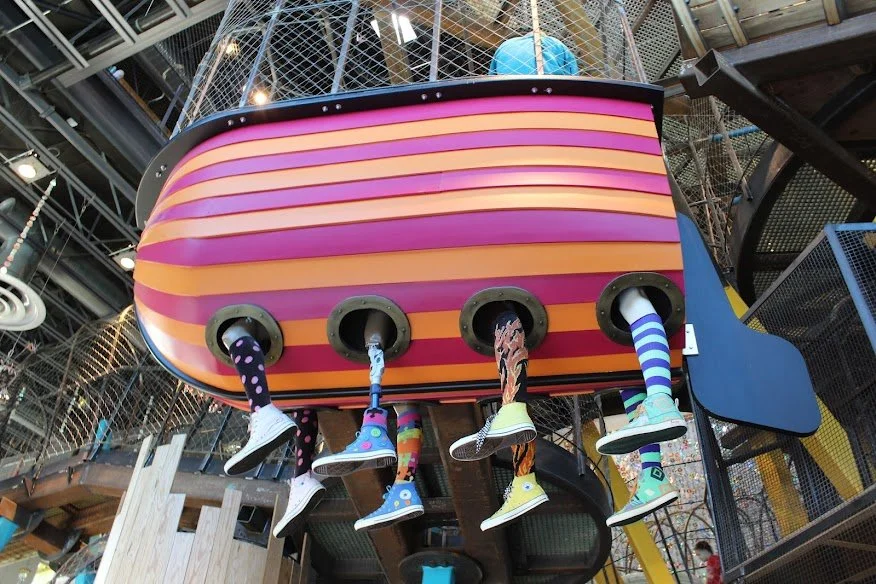
Intergenerational Inheritance and the Body
The body is a living archive of ancestral history, holding biological, emotional, and cultural imprints that shape our present experience.

The Mental Health Benefits of Bilateral Stimulation
Bilateral stimulation, including EMDR and solo activities like walking or drumming, can help reduce anxiety by integrating brain hemispheres and promoting nervous system regulation.

When Cultural Scripts Fail Survivors of Coercion and Manipulation
Survivors often struggle to name their experiences because dominant cultural scripts prioritize physical violence.
